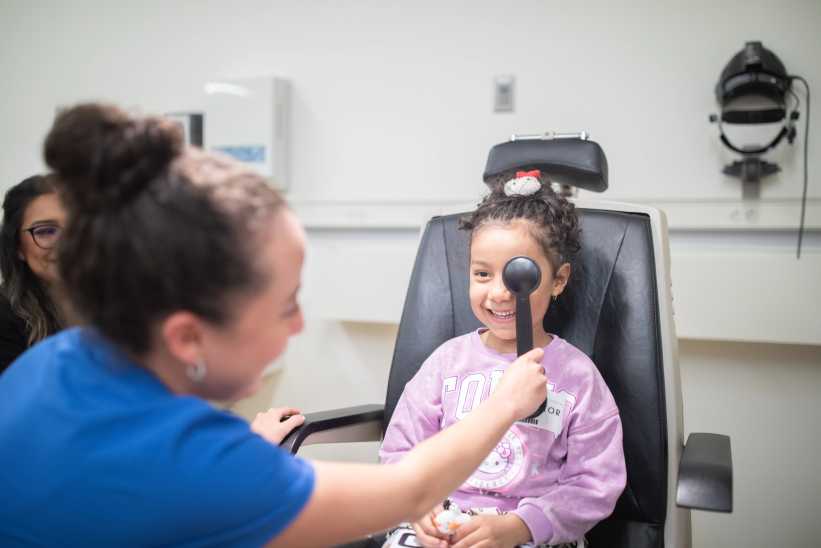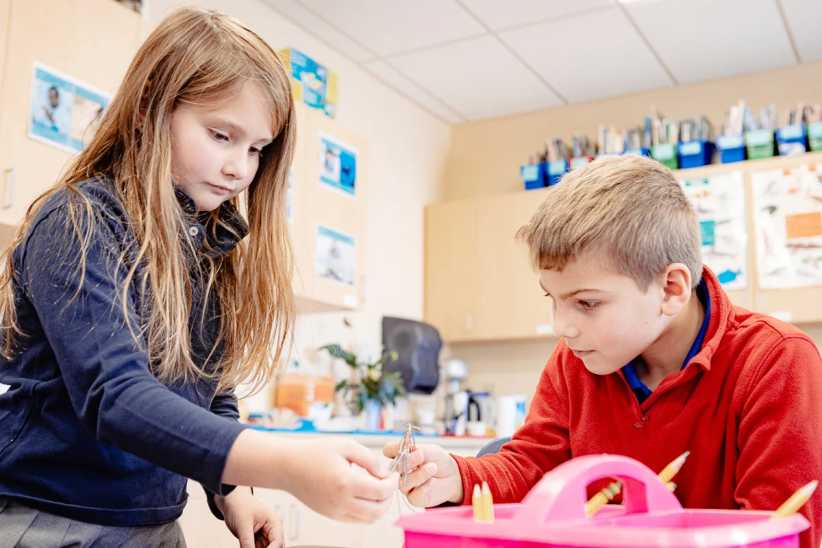
If your child is in the age range from 8 to 12, then you are a parent of a tween. At this age, your child is nearing puberty which means they may be experiencing significant changes. These changes are both physical and cognitive. Today’s tweens, exposed to technology from a young age, are one of the first generations who rely on technology for nearly all facets of life. What this means is they have spent more time during their formative years than prior generations seeing what is around them with a technology filter. The influence of popular culture and technology means that understanding what others are feeling is not being embedded in their day-to-day interactions. Technology use and online communications lack the cues necessary for developing high awareness of emotional empathy.
What is empathy
According to researchers Jean Decety from the University of Chicago and Jason Cowell from University of Wisconsin empathy is the phrase used for three processes: Emotional Sharing, Empathetic Concern and Perspective Sharing. (Trends in Cognitive Sciences July 2014) Emotional Sharing is experiencing feelings of distress when observing distress. Babies mimic emotions in this way. Empathetic Concern is an intrinsic motivation to care for others that are distressed. You can see this represented in the behavior of toddlers. Perspective Taking is the ability to imagine what a person in distress is thinking or feeling. School-age children are great at this and often practice it in their school day interactions and as part of lessons.
When do children develop empathy
We spoke to Alexandra Hamlet, PsyD, Clinical psychologist of Mood Disorders Center at the Child Mind Institute located in New York City for some insight to understanding empathy. “Children begin developing empathy at an early age. It is a gradual process that usually starts with their parents or caregivers teaching empathy through modeling. Children are constantly learning from the actions and behaviors of others, and as early as toddler years they start to pick up on how adults make others feel better. For example, if an adult over time appropriately attends to their child’s feelings, and shows through touch, soothing, or attention that their emotions are being addressed in a healthy way, a child will begin to mimic these behaviors with caregivers and other adults” said Dr. Hamlet. “Over time, when language development and cognitive abilities start to form and strengthen, parents and other caregivers (family members, teachers, essential adult figures) ideally would continue to attend to their children’s emotions in more age-appropriate ways.
Talking with our kids on their feelings and struggles
It is discussing feelings, modeling how to handle conflict, attending to children’s’ struggles and emotions in healthy ways that are both nonverbal and verbal that can continue to shape kids. Eventually, parents will be able to engage in perspective taking when opportunities present themselves. For example, if a child comments that they do not understand yet what is hurtful, a parent can have a discussion with them about whether they would like to be treated this way. These steps lead to the development of empathy in a child” said Dr. Hamlet “Since empathy is a learned concept, it can be argued that all children are born with egocentricity. They do not consider whether their parents are tired when they cry in the middle of the night for a bottle! The important thing to remember that over time, if children have the right emotional modeling and support, children can learn how to become empathetic” added Hamlet.
By definition, empathy is the ability to understand and experience the feelings of others. It is also represented in the way that we respond to others. “Since empathy is a learned concept, it can be argued that all children are born with egocentricity. They do not consider whether their parents are tired when they cry in the middle of the night for a bottle! The important thing to remember that over time, if children have the right emotional modeling and support, children can learn how to become empathetic” added Hamlet.
Parenting with empathy
Empathetic children tend to become well-adjusted adults, and better equipped for typical adult interactions. It’s never too late or too early to teach empathy, and parents should work to nurture it in their children. “How empathy dies is that we don’t nurture it,” said Hamida Butt, a longtime educator, and learning specialist. “In the school years, things often become competitive between children. In our competitive society, empathy cannot flourish because we always have to bring our competition down,” said Ms. Butt. In these situations, empathy needs to be reinforced in this situation, talked about and explicitly taught.
In the same way that we would support our kids in practicing an instrument or playing a sport, we must model and practice empathy. If you feel that your child lacks understanding or only acts selfishly, don’t fret. It is not that they don’t have the capacity for empathy- it just needs to be further developed. Also, what is blocking the insight? Consider whether your child is exhausted, stressed or simply not developmentally capable at this time.
Limit the electronics
Many parents notice a drop in their children’s empathy when there is an increase in technology. For tweens (and kids of all ages) pay attention to how much time they spend online. Create a balance between online interaction and interactions in real life. “It is important to consider at every step along a child’s lifespan what they should be learning at that given point in development. These needs should come before the use of technology. For example, if a child is under the age of preschool, gross and fine motor development is important, so activities that foster growth in those areas would take priority over the use of technology. The same goes for language development, social development, and emotional development over time” said Hamlet. “My advice regarding technology is to use it as a reward for the child. Alternatively, when necessary, for example, on a long plane ride, or when it is necessary to get one child in the bath, and there is no one to attend to the other child. The first step ideally is for the parent to decide what developmental gains need to be made based on age (school will definitely help with this!), as well as what family values are important to teach/impart (values such as time with siblings, exposure to religious beliefs, outdoor activities, playtime with peers). Empathy development ideally would be interwoven in the above areas. Technology use for me would come after all of these other important concepts are addressed- just like adults prioritize our work and obligations before we tune in or log onto our devices” added Hamlet.
Starts with us
Our children also learn empathy from their parents. Children’s trust and security is a result of their parents’ empathy towards them. Children reflect the values and behaviors that are modeled by their parents or caregivers. According to Harvard Graduate School of Education’s Making Caring Common Project, children learn empathy by watching. The researchers at the Making Caring Common Project have many tips for parents seeking guidance on teaching empathy to their children. A key to teaching empathy is modeling it yourself—explicitly. For instance, you can demonstrate compassion for others throughout the day and model ways to contribute to a community. At the end of the day reflect with your children. If it is crucial for children to value the perspective of others, it is just as important for their parents to do the same. Make empathy a priority.
Lastly, there are so many developmental changes in children at the tween phase that we cannot see, so it is critical to listen carefully as they talk and attempt to validate their feelings. Parents should help children understand their own emotions and the emotions of others. Give your child a voice and encourage them to share their perspective and discuss their challenges.
Shnieka L. Johnson is an education consultant and freelance writer. She is based in Manhattan, where she resides with her husband and son. Contact her via her website: www.shniekajohnson.com.























